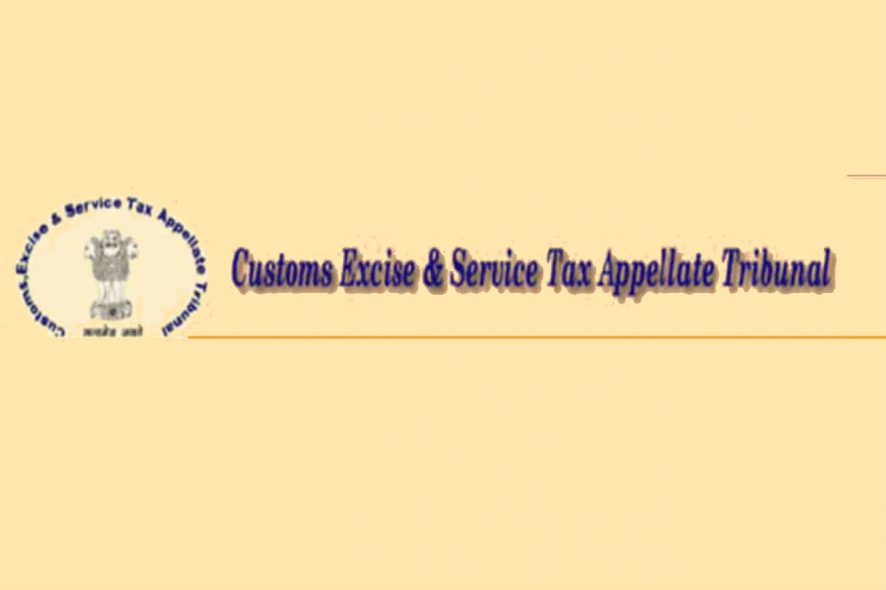Customs, Excise and Services Tax Appellate Tribunal (CESTAT): S.S. Garg (Judicial Member) allowed appeals directed against the common impugned order passed by the Commissioner (Appeals) whereby the Commissioner had rejected appeals of the appellant and upheld the order passed by the original authority. Both appeals were taken together since the issue in both the appeals was identical.
The appellant is a private limited company and registered as 100% EOU under the Foreign Trade Policy, engaged in the business of rendering services of medical transcription for hospitals situated outside India and is registered as a service provider under the category of Business Auxiliary Service under the Finance Act, 1994 read with Service Tax Rules, 1994. During the period in dispute, appellant has availed CENVAT credit on input services used for export of services and filed refund applications with the Assistant Commissioner along with various documents. Assistant Commissioner issued show-cause notices proposing to reject the refund claims filed by the appellant on various grounds and after considering the submissions of the appellant the adjudicating authority rejected the refund claims, aggrieved by which the appellant had filed appeals before the
Commissioner (Appeals) who had rejected the same.
The counsel for the appellant submitted that the impugned order was not sustainable in law as the same has been passed without properly appreciating the Cenvat Credit Rules and Notification. He further submitted that the only solitary finding on which refund application has been rejected in the impugned order is that the closing balance of the cenvat credit at the end of the quarter as per ST-3 was ‘nil’ which was less than the refund amount for the respective quarter. He further submitted that the appellant has reversed the CENVAT credit and produced the evidence along with refund claim in order to claim the refund.
The Tribunal observed that there was no dispute with regard to the export of service and the receipt of foreign exchange. The only ground on which the refund has been rejected was that the closing balance of cenvat credit at the end of the quarter as per ST-3 return was ‘nil’ which was less than the refund amount for the respective quarter. The Tribunal further found that the objection of the Department that the appellant has not debited the cenvat credit account before filing the refund claim is not factually correct, in fact, the appellants have debited the cenvat credit account before filing the refund claim and the same is clearly shown in the ST-3 returns also. The Tribunal followed the judgment of the Supreme Court in Ranbaxy Laboratories Ltd. v. Union of India, (2011) 10 SCC 292 where the court had held that interest on delayed refund is payable under Section 11BB of Central Excise Act, 1944 on the expiry of period of three months from the date of receipt of application under Section 11B (1) ibid and not from the date of order of refund or Appellate Order allowing such refund and further held that the appellant was entitled to the interest. The Tribunal set aside the impugned order and allowed the appeals holding that the respondent had erred in not appreciating the facts as also the condition envisaged in Notification.[Scribetech India Healthcare (P) Ltd. v. Commr. of Central Tax, 2020 SCC OnLine CESTAT 203, decided on 13-10-2020]
Suchita Shukla, Editorial Assistant has put this story together







